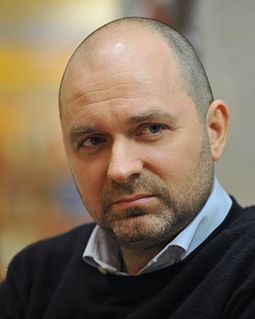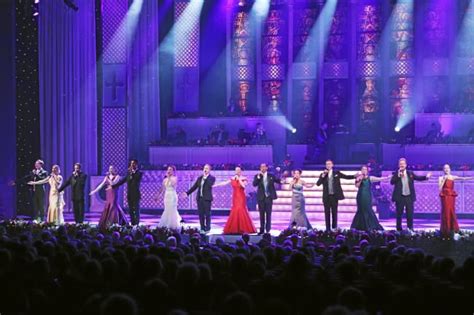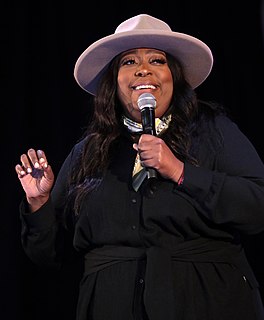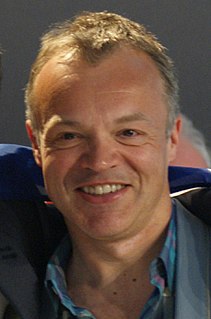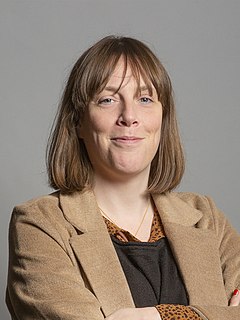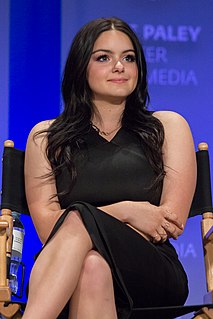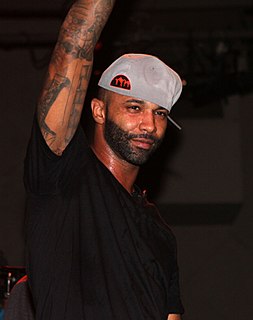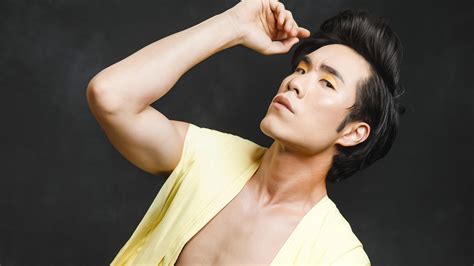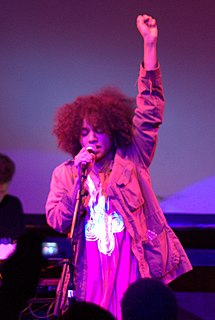A Quote by Miles Heizer
Growing up, I felt like I couldn't talk about certain things until I had the outlets to do so. Once you're able to be honest and say things as they are, it removes this crazy stigma and fear around it.
Related Quotes
For policemen to be honest about the fact that they may be fearful when they come into a certain situation, not understanding what's going to happen. The only way things will change and things will get better is if people are able to be honest without feeling like they're going to be offended, or they're going to offend someone else.
I've actually found - especially doing my cabaret show - I'm connecting with people in a way I haven't connected with them. I've found that when you're open and honest, people respond to that, whatever you're being open and honest about. You could then, when you lay that as the groundwork, say, "Here I am. This is what I think. I come in peace." Then you're able to push out, to be able to talk about more things. And that's been a really heartening thing about my life, actually.
It's incredible when women tell me that they've read things that I've said or have been inspired by things that I've done. To hear them say that because of something I did, they felt more positive about themselves and or had more of a voice to stand up for things that were right. It's been empowering for me to be able to help other women feel that way about themselves.
I chose the name "Padded Room," because, when I'm in the booth, it would be the padded room. When I'm in the booth, I can say a lot of things and speak about a lot of things that normally I wouldn't be able to speak about to a friend or to family or to a crowd. A lot of times, the things that I say, if you had to categorize it, they would probably call me nuts or crazy. So, you add that aspect of "The Padded Room," which would be almost like an insane asylum.
Growing up in Texas, I was already dealing with the fact that I didn't even know I was Asian until a certain age. I just was informed about it in a somewhat negative way by my peers. And that immediately put me into that mindset where I felt very othered. My safety always felt like it wasn't something that I could consider a given.
There was things just like not being able to date or - I'm talking like 15, 16 - like just certain things that my friends started to do. Like, they started to get phone calls from girls or like, you know, go and hang out 10, 11 at night, kind of going to the movies. There were just certain things that - it's not that I couldn't do all of those things. It's just that every choice was really deliberate and conscious and thought out and sort of balanced against the religion in a way where I felt - I wasn't necessarily trying to convert at 12 like [my mother] was.

